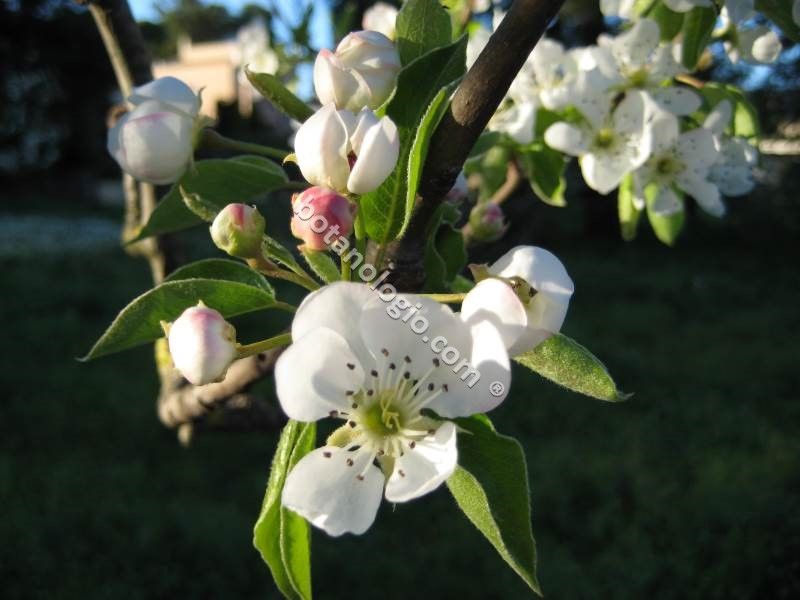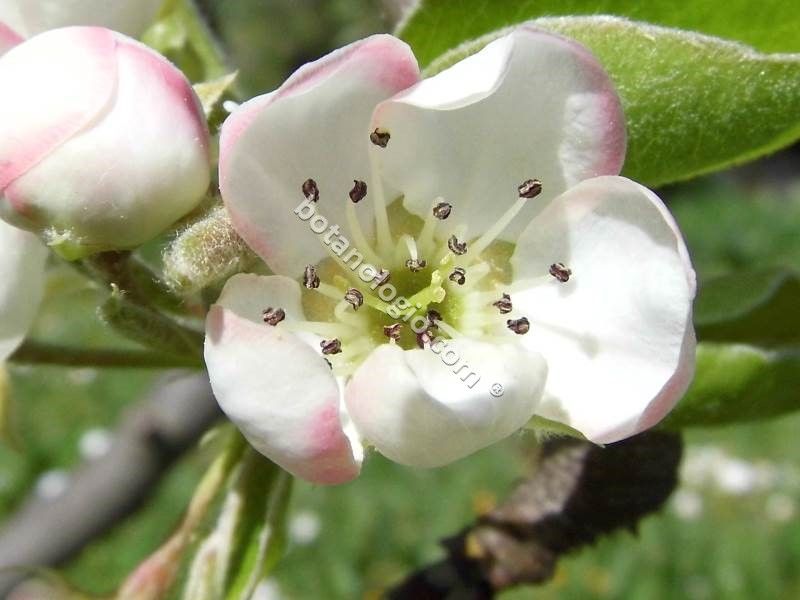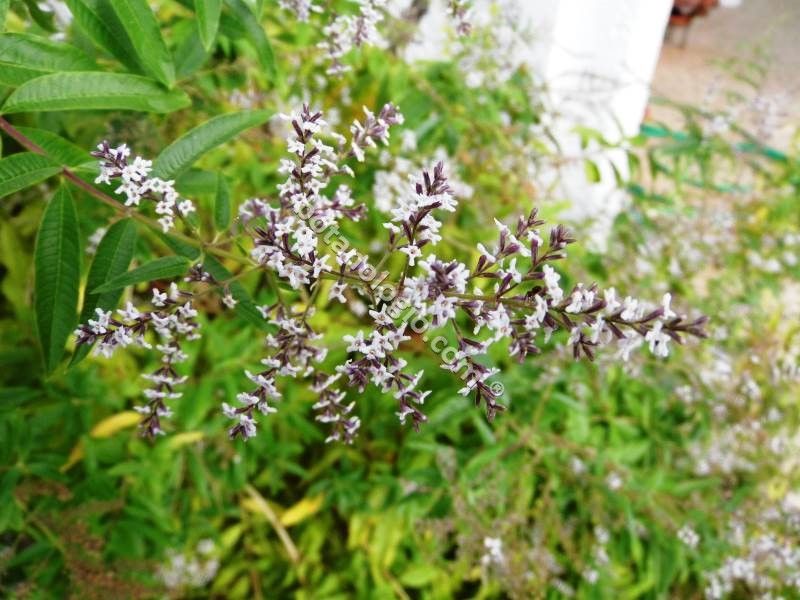Lavender cosmetics uses

Besides the therapeutic properties, lavender is a herb with many cosmetic applications. Due to the mild action taht it has, lavender finds application in both the skin and the hair with great results.
In relation to the hair, lavender balances the ph of the scalp and removes dandruff. The soothing action relieves itching and dry skin, it is ideal for therapeutic shampoo for all skin types. You can add lavender essential oil in water, or lavender infusion to rinse your hair.
If you have sensitive – irritable skin you can successfully use lavender, as it can be used safely in small children and babies without side effects, while giving a sense of relaxation. Lavender also soothes insect bites.
Because of the natural anti-inflammatory action, lavender reduces redness of the skin and swelling. This action is ideal for treatment of dark circles, discoloration of the skin and to treat freckles. The moisturizing action is useful for dry and dull skin, while it is a very good ingredient for moisturizing creams at ages 20-25.
Lavender is suitable for mild cleansing of the skin in cases of acne, eczema or skin diseases. Lavender water, cleans gently and effectively the skin while the oil is very good makeup remover.
The relaxing scent of lavender is included in many perfumes while the oil is soft and easily absorbed, making it ideal for massage oil!
Learn more about lavender healing properties, lavender nutritional value and more ways to use lavender in everyday life!
ance, antiaging, antiaging herbs, herb, herbs, lavender, lavender cosmetic uses, moisturizing herbs





